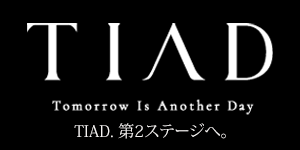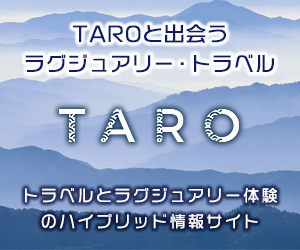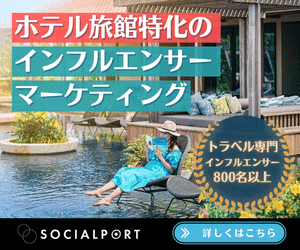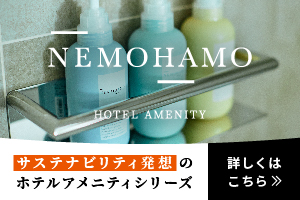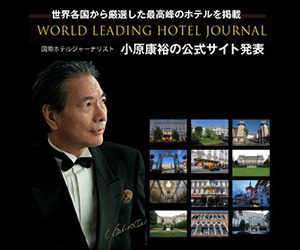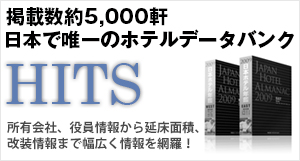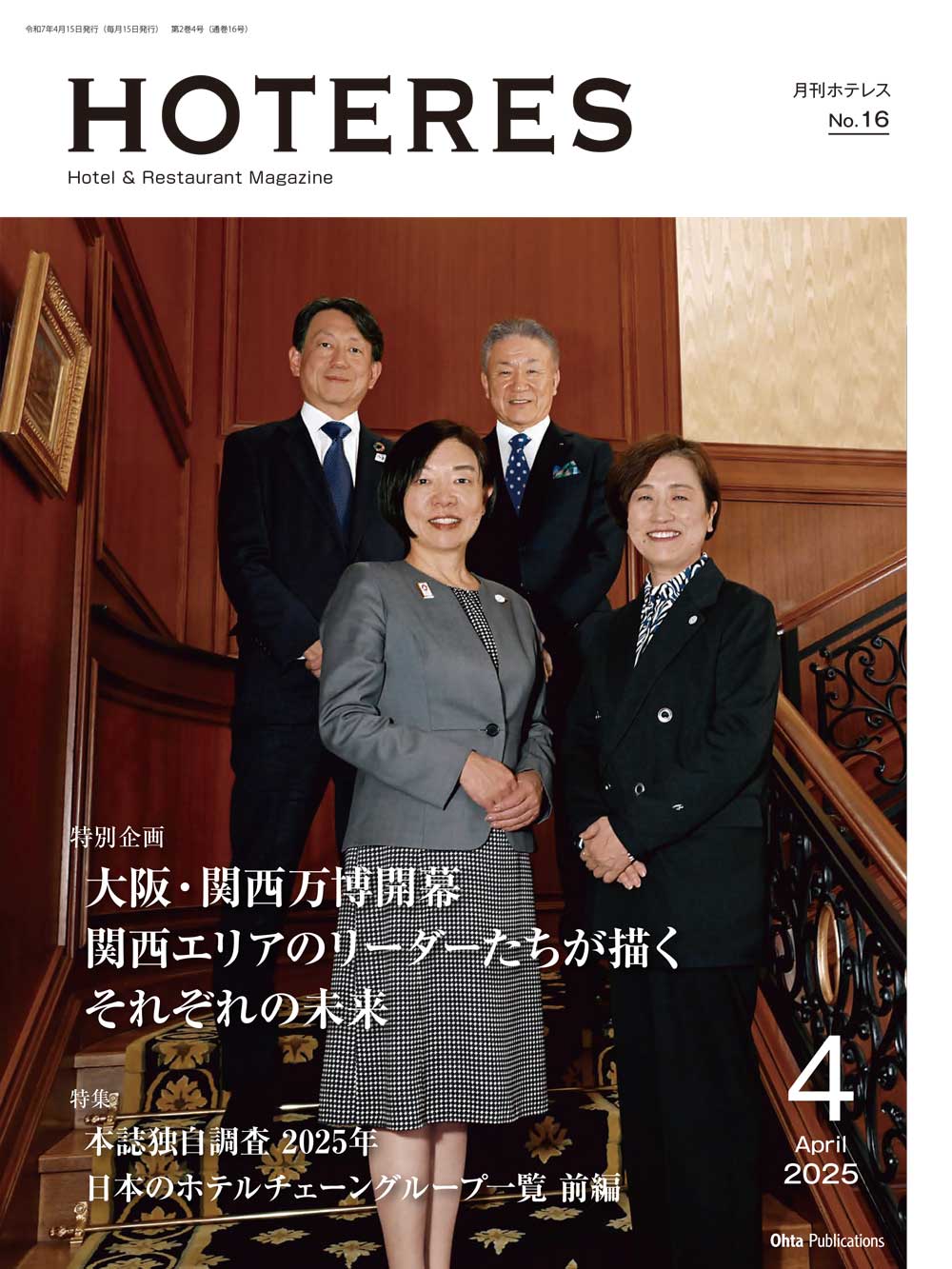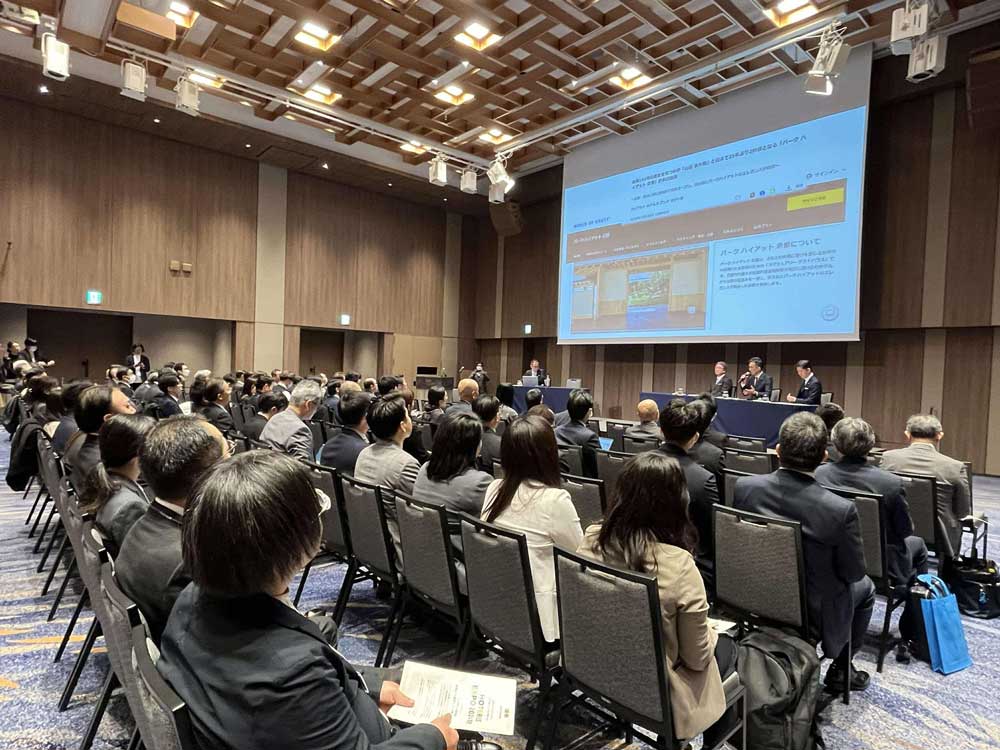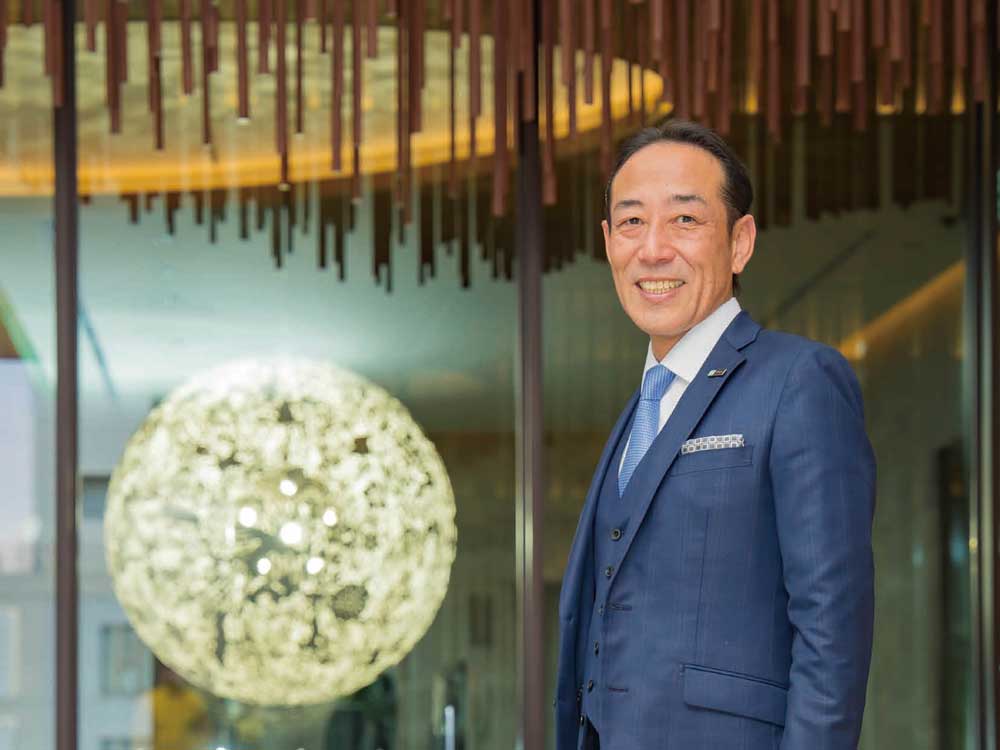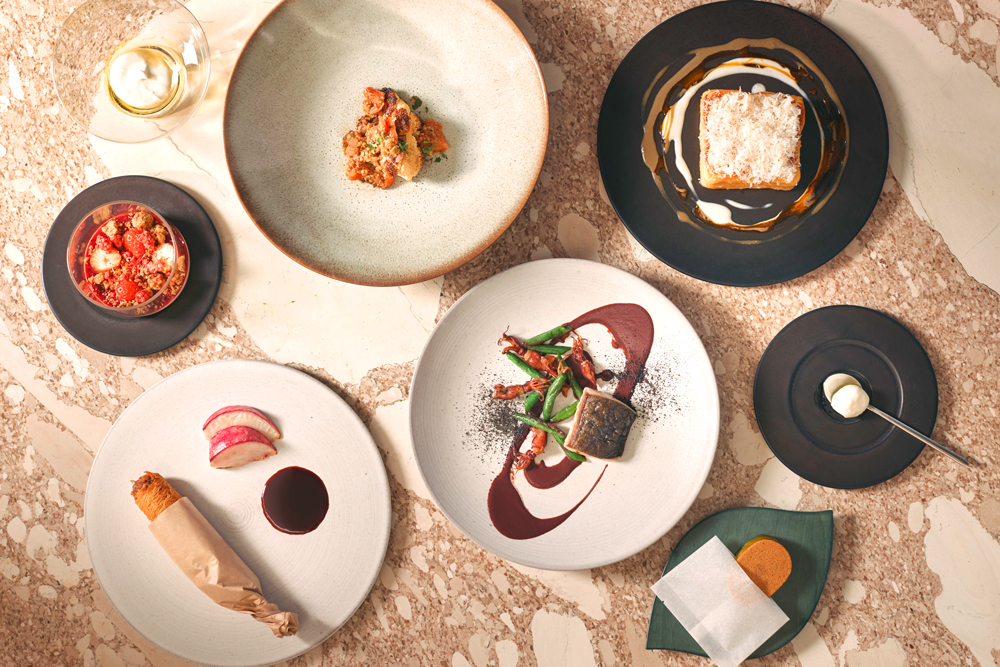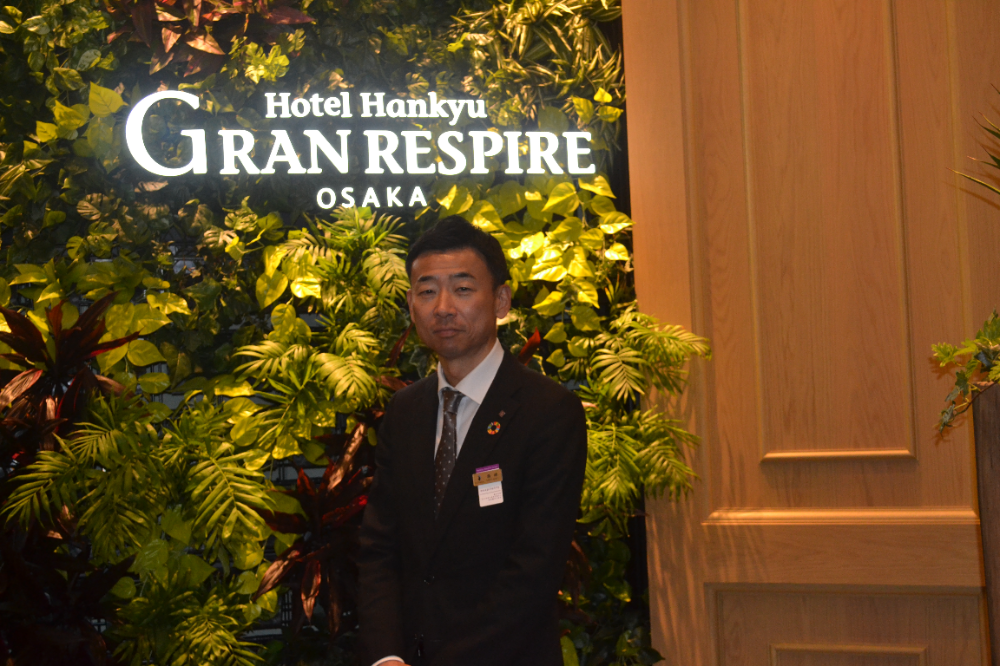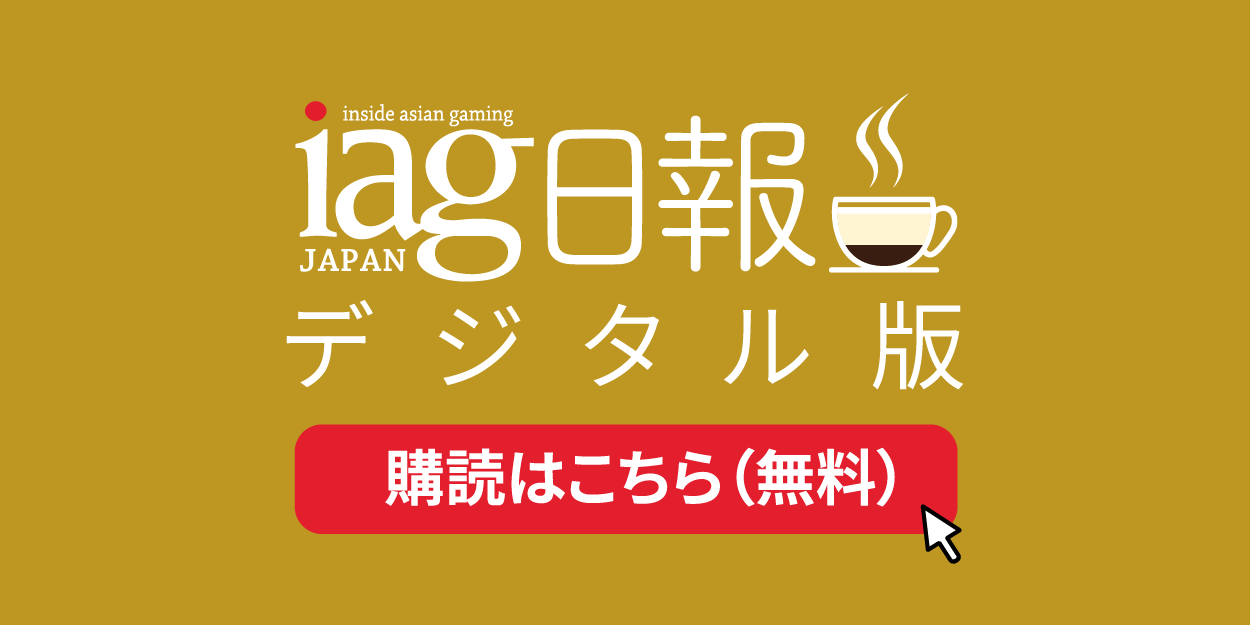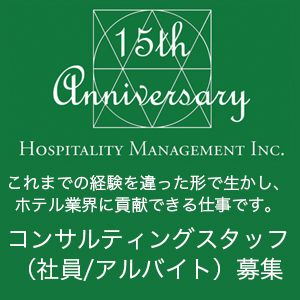How do we live without doing harm? This is a question I and many others have pondered. A few months ago at Fukui prefecture Wellness retreat, I found an experience that is not just focused on one’s wellness but also is mindful of the wellness, the sustainability, and the impact we have on the environment.
Our first activity was visiting the local farmers' market. Each produce was grown locally and harvested within the last few days. We were allowed to select vegetables, fruits, and even herbs such as lavender. With pointers given by locals, I knew exactly the available selection, the starchiness of the potatoes, the best ways to cook, and other helpful advice from the farmers and friends who had grown what was in front of me. This was a stark contrast to how someone who lives in the centre of a big city as I do typically views these food staples.
We then got a chance to sample this produce, moving on to an eatery called LaCarte. I was impressed by how the owners had repurposed kindergarten for their restaurant; in places the foundations of the old school can still be seen. But what impressed me the most was the ingredients of the meal—it was all local, down to the oil. Fukui is a natural hub for food production, as it is ocean-facing (with water temperatures that optimise the seafood’s taste) and has fertile land for crops, livestock, and wildlife. LaCarte olive oil, I learned, was sourced within the prefecture, while quite a number of the vegetables were grown in the restaurant’s own back garden.
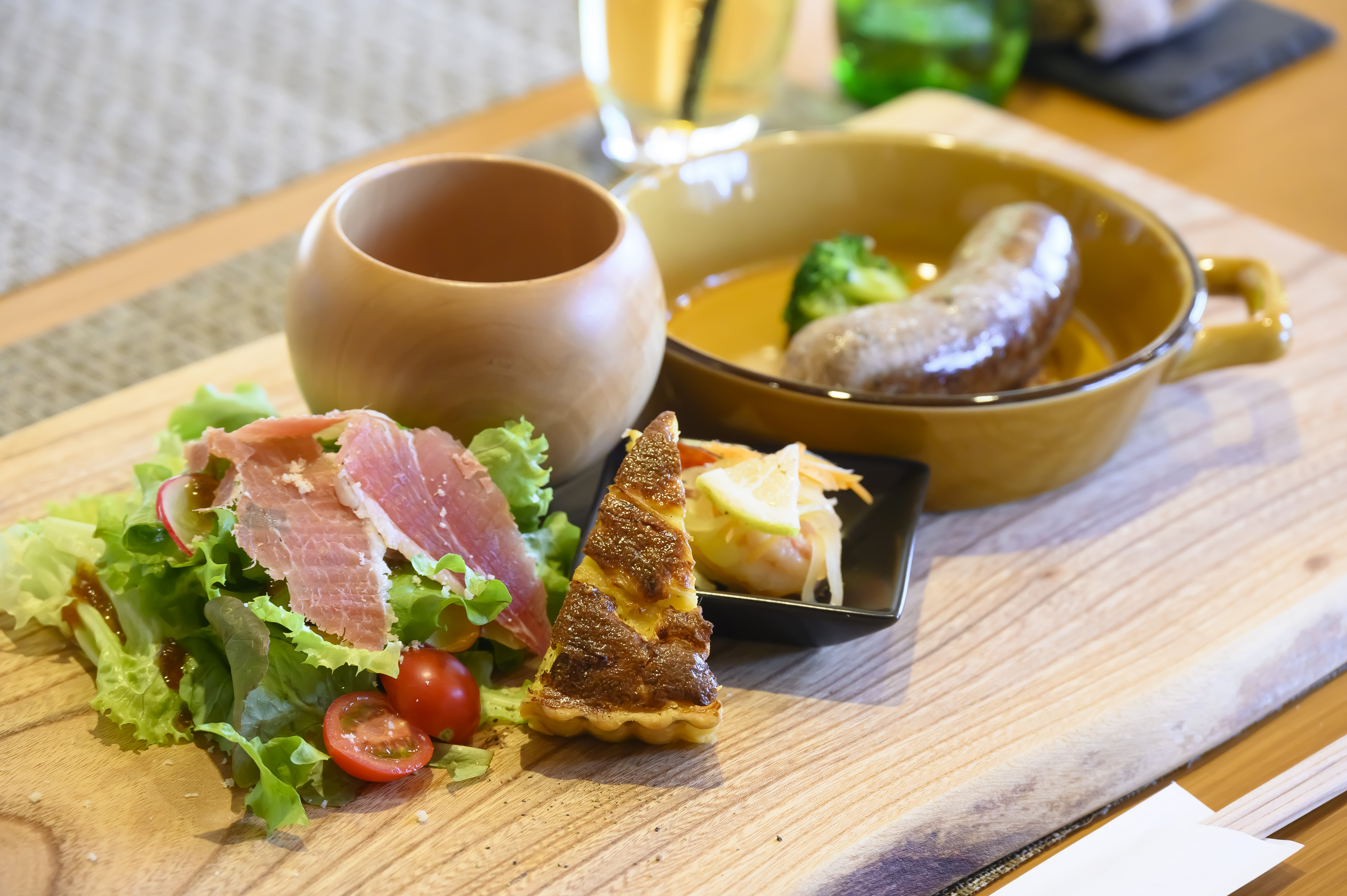
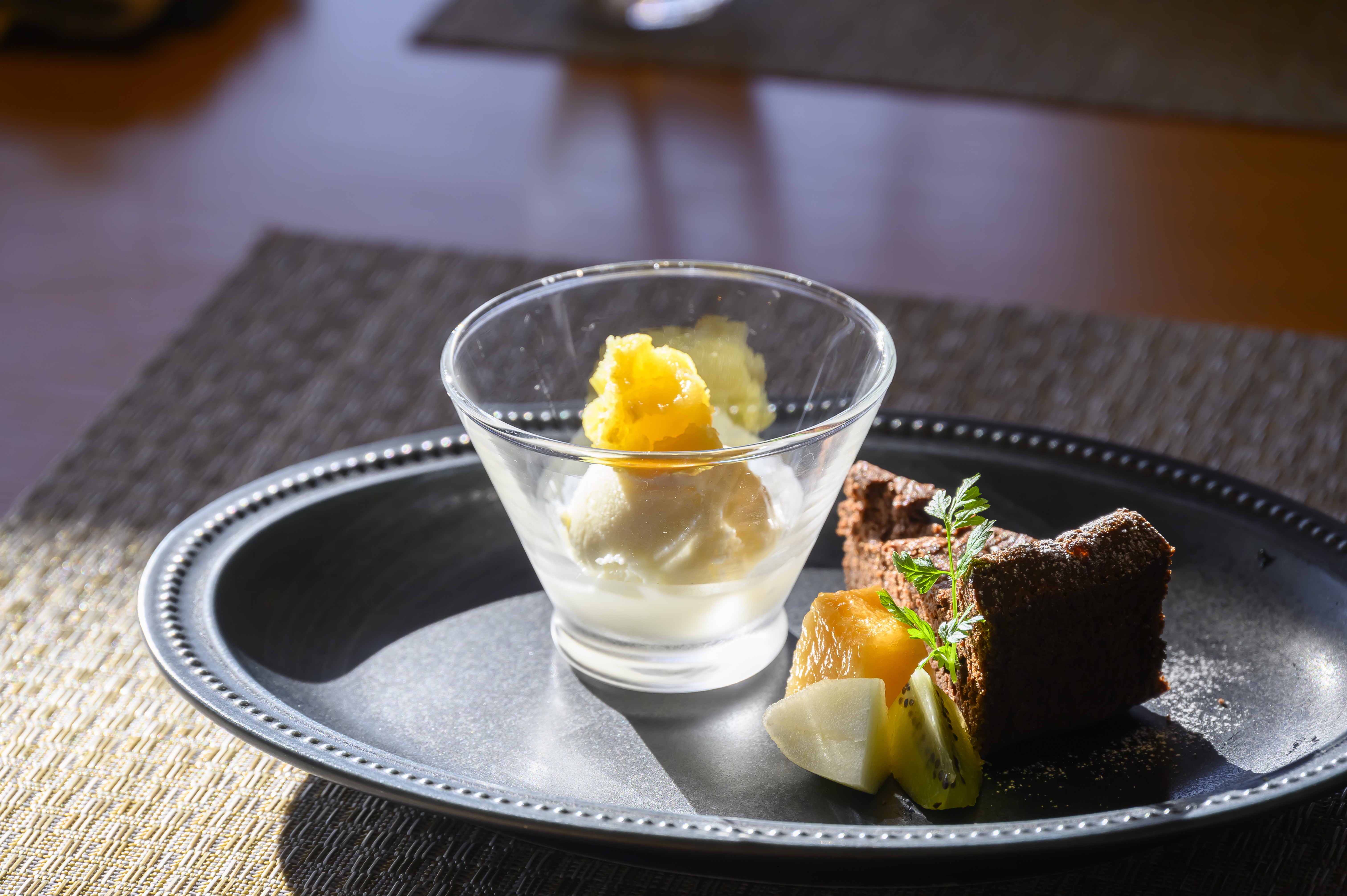
The meal was followed by a chance to walk off the lunch with an off-the-trail hike. Trekking through nature largely untouched by people, I found off-the-trail a new experience. The path and nature were intertwined, and our path ranged from padding over sticks and leaves, trotting along rivers, and finally walking through freshly cut bamboo. These different paths enhanced the hike as they introduced different sensory experiences of ground texture and smells. The tour guide explained notable aspects, such as how the bamboo and trees had been humanely trimmed or felled to encourage other plants to grow along the forest floor. Going on this hike and listening to the guide allowed me to see every intention behind how the path was formed.

off-the-trail hike
The first time I tried shojin-ryori was during this retreat. Shojin-ryori translates to temple food. Buddhism discourages any harm to living beings, and within temples, this teaching directly translates to the food prepared and eaten. Shojin-ryori does not use animal ingredients and often employs unique techniques and flavours. For example, the core component of many Japanese dishes is dashi, a highly concentrated broth of umami flavour. Oftentimes it is made using fish flakes, but in this style of cooking, only shiitake (a type of mushroom) or kombu is used. I was moved by how the principle of ‘least harm’ was built into the food itself, as well as how the Eiheiji temple, like LaCarte, also sourced their ingredients locally and as close to the site as possible.
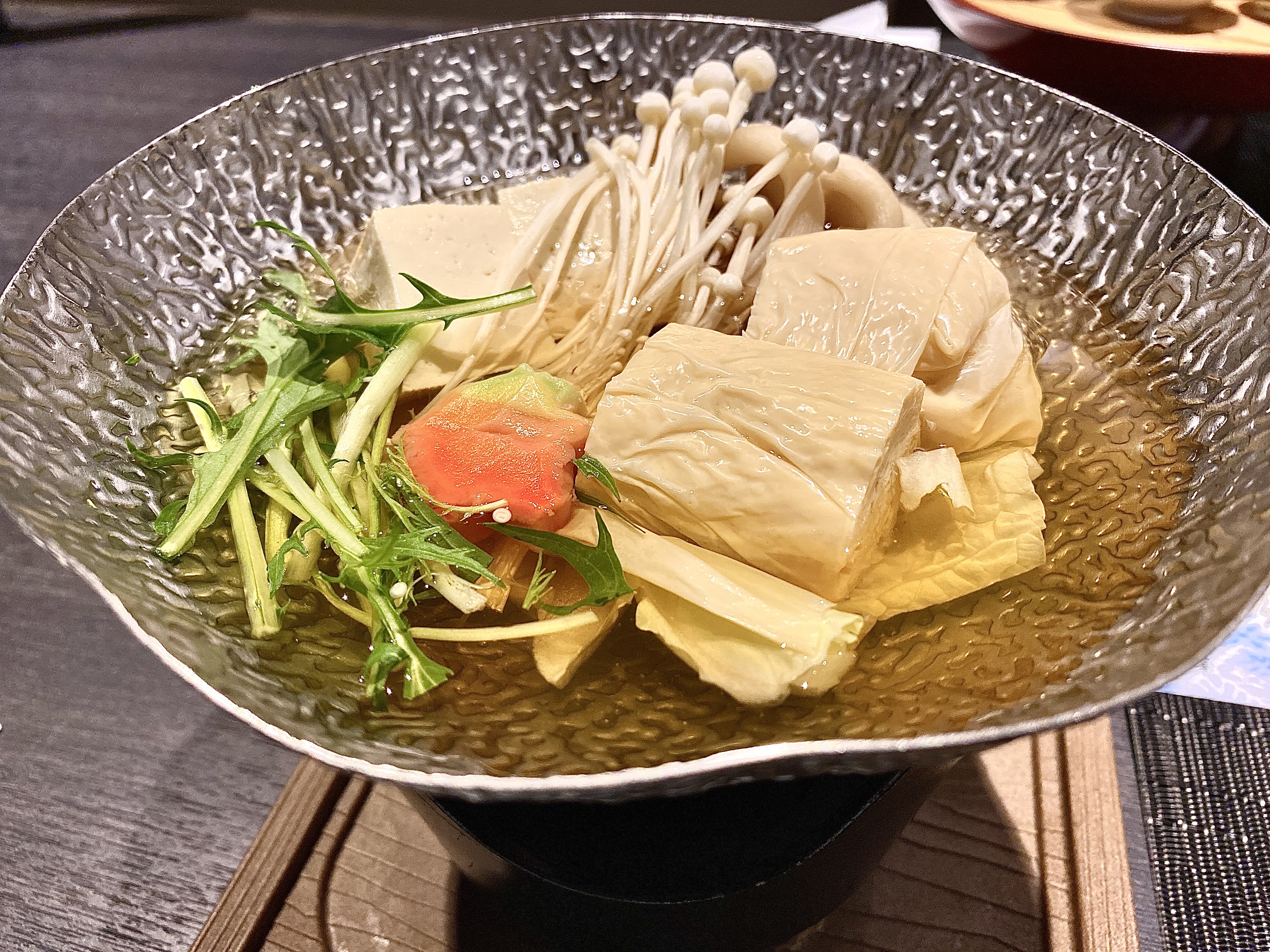
Shojin-ryori
The first time I witnessed intentional SDG (sustainable development goals) design was at Eshikoto. Eshikoto is a sake brewery using the freshwater of the nearby Kokuryu river. Eshikoto has two buildings. The first, Garyu, is for sake brewing; the second, Shuraku, houses the retail and restaurant. Environmentally conscious designs can be seen throughout the brewery. In Garyuutou, the storage component of this area is built into the hill to preserve the landscape; furthermore, the sake was stored in reused casks. The clever and conscious design was fascinating, and I enjoyed learning how this sake brewery is taking environmental and social responsibility.
Overall, my experience at the wellness retreat in Fukui was truly wonderful. The combination of healthy, locally sourced food, a range of wellness activities, and the various connections to mindfulness made for an incredible experience. I am glad that I could be closer to the source of my food, and gain an understanding of where and who supplies the produce I purchase back at home. In a way, this experience made me feel a certain need to take care to not waste and utilise as much of the food as possible. Furthermore, due to high-end restaurants trying to source the best imported foods in the world, which unfortunately leads to air freight and a high carbon footprint I thus found there is a simple but admirable beauty to gathering and presenting a dish composed of local ingredients. I would highly recommend this retreat to anyone looking to take a break from the stresses of daily life and also grow personally and spiritually.
Written by Victoria Eadon-Clarke
Assistant Manager of Conceptasia. Alumni of The University of Edinburgh and current student at Waseda University studying Economics in the School of Political Science and Economics. For the past three years working with a great interest in the Wellness industry. Providing managerial and IT systems services to two spas in Japan: Spa Manna, Lotte Arai Resort, and Rikka Spa, Setsu Niseko Hotel. Reflective of being a part of GenZ, proficient across multimedia platforms. Extensive travel to the Americas, Europe, Australia and across Asia—and being a part of a strong international community. Bilingual in English and spoken Japanese.










